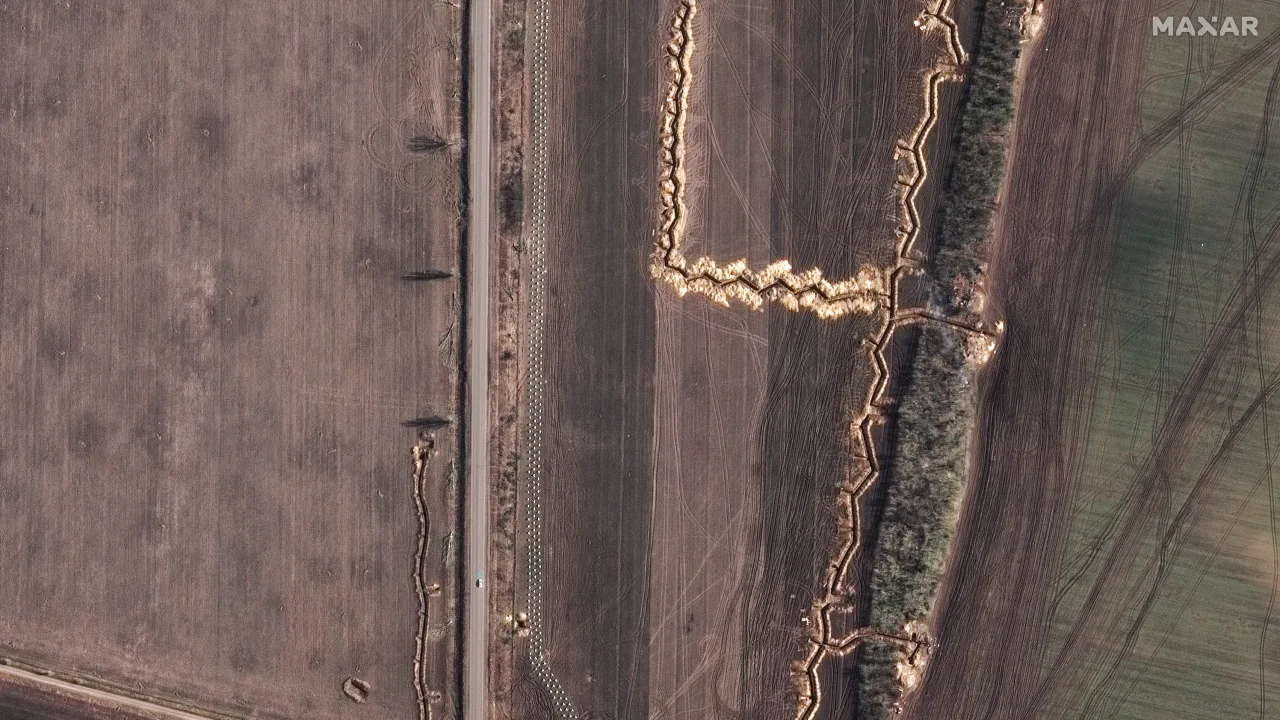King Charles III will wish to prevent any accidents at the coronation
April 21, 2023Tweet
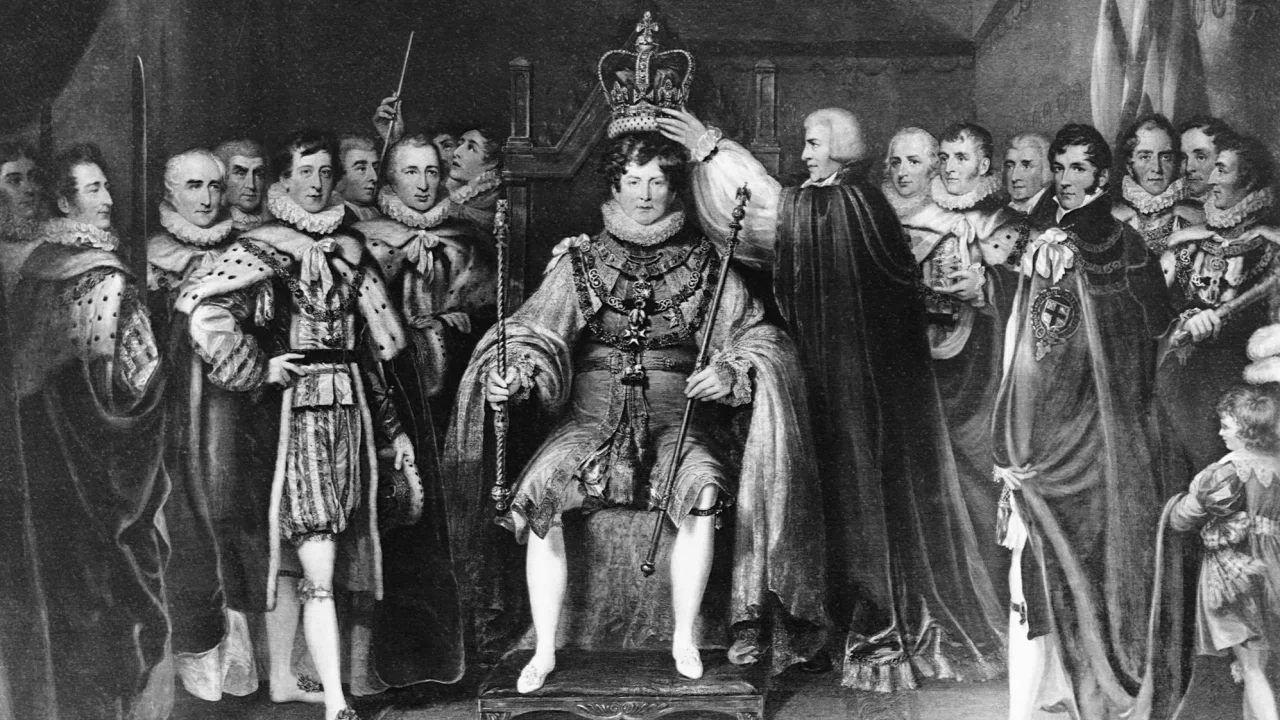
Coronations at Westminster Abbey have been a well-rehearsed, finely tuned machine for almost one thousand years. However, there have been times when they have gone disastrously wrong. George Gross, a visiting research fellow at King’s College London and co-founder of the British Coronations Project, tells CNN that the crowning of William the Conqueror on Christmas Day, 1066, “sets the tone” for coronations ever since. William married the Saxon traditions of the nation he had conquered with the Norman traditions of his homeland, and his firm grip on power solidified them in English culture. George IV’s coronation in 1821 featured drama that would make the writers of most soap operas blush, as the King had decided to exclude his wife, Queen Caroline, from the service.
In 1795, Parliament had forced George to marry his German cousin, Caroline of Brunswick, in exchange for clearing his large debts. The most important details in this text are that George and Caroline were estranged, George tried to secure a divorce from Parliament, and Caroline was subjected to a parliamentary trial investigating her alleged adultery. George didn't even want his wife to be crowned, and he ordered those guarding the entrances to Westminster Abbey to refuse her entry during his 1821 coronation. Despite trying every entrance to the Abbey, she was not able to make it inside and had to leave. Queen Victoria's 63-year reign helped solidify Britain's position as the dominant power on the world stage, and her coronation was only slightly less chaotic than William's. The public had grown to sympathize deeply with Caroline, and her death may have limited the negative impact this very public snubbing had on George's reign.
Westminster-abbey -british George-gross London
Comments
Related news

How to Watch King Charles III's Coronation in the United States
Read more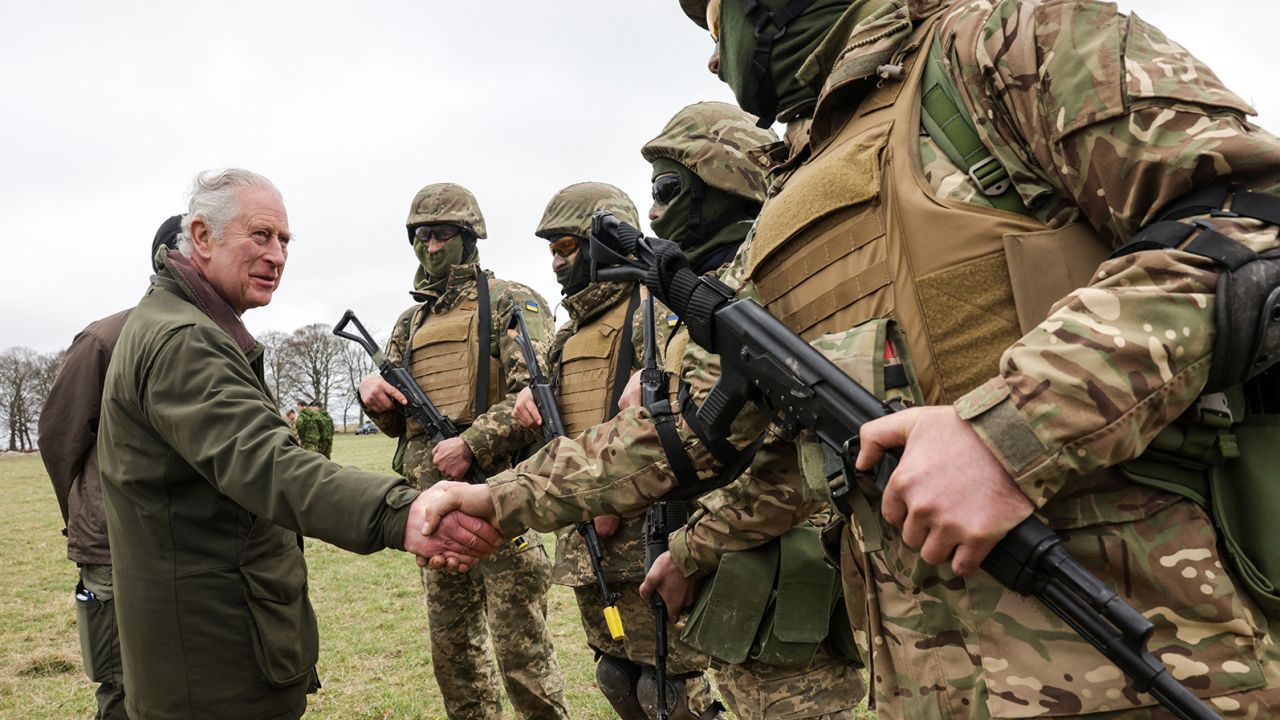
The "courage and resilience" of Ukraine are praised by King Charles III.
Read more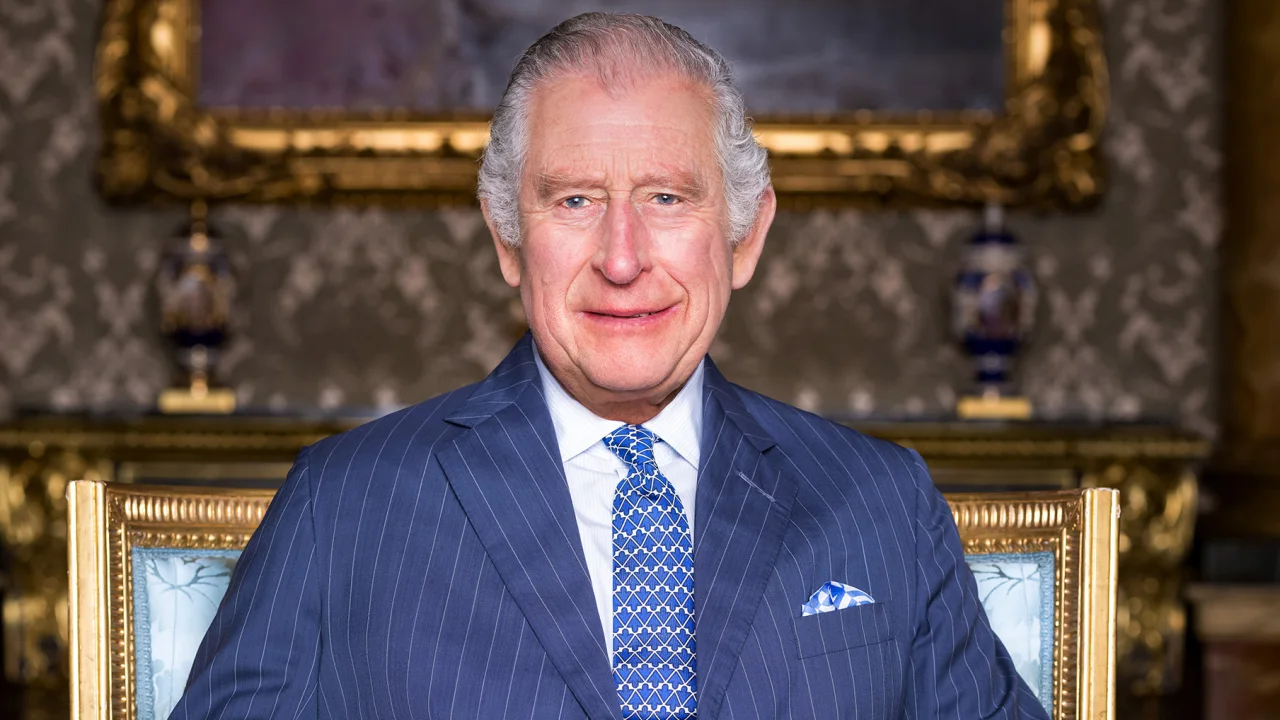
Britons' support for the monarchy is on the decrease, implying that King Charles faces problems.
Read more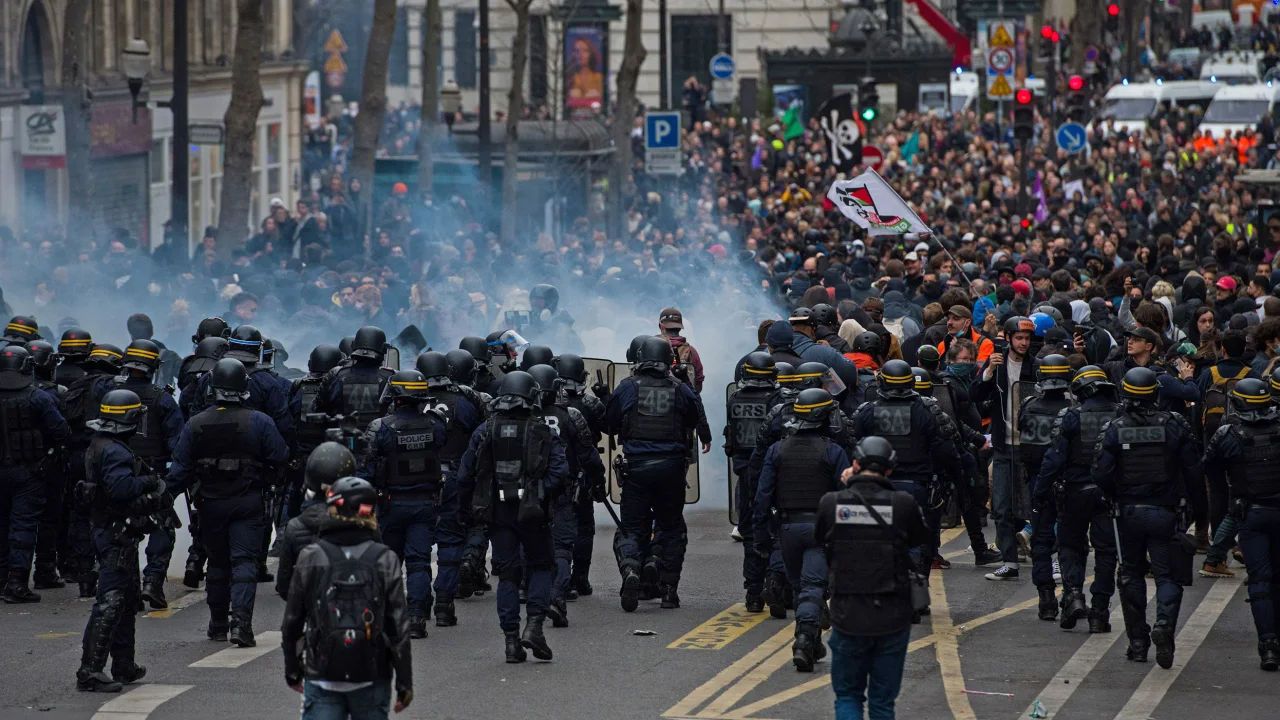
Due to violent pension demonstrations, King Charles' state visit to France has been postponed.
Read more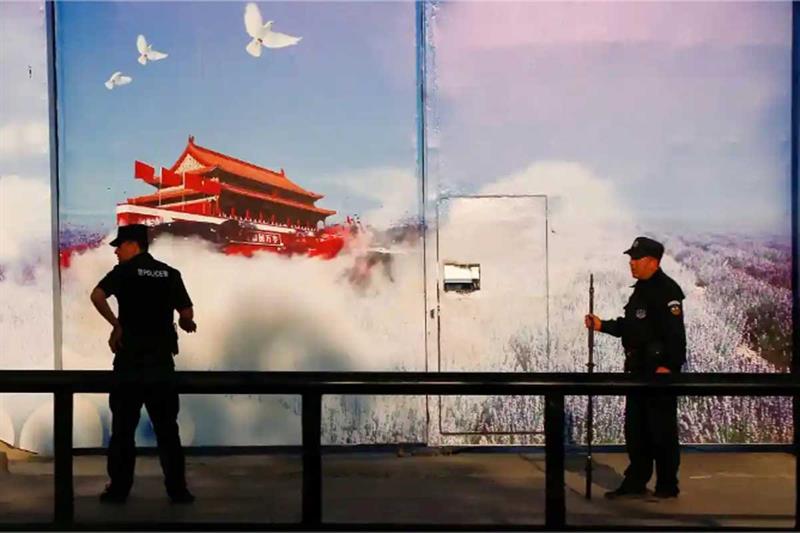
China seeks to prevent a famous Uyghur from speaking at the UN
Read more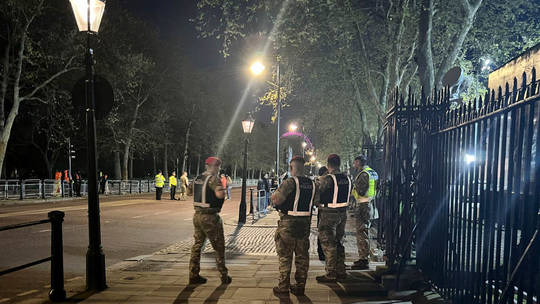
Before the coronation, the UK royal residence will be attacked.
Read more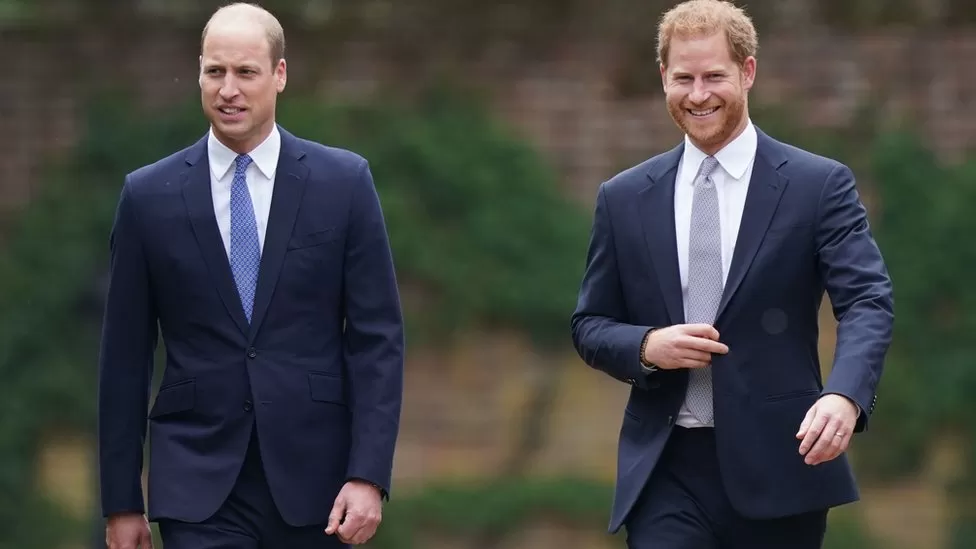
According to court testimony, King Charles attempted to quash Prince Harry's hacking allegation.
Read more
Pfizer wants the EU to continue paying for any unutilized Covid shots - FT
Read more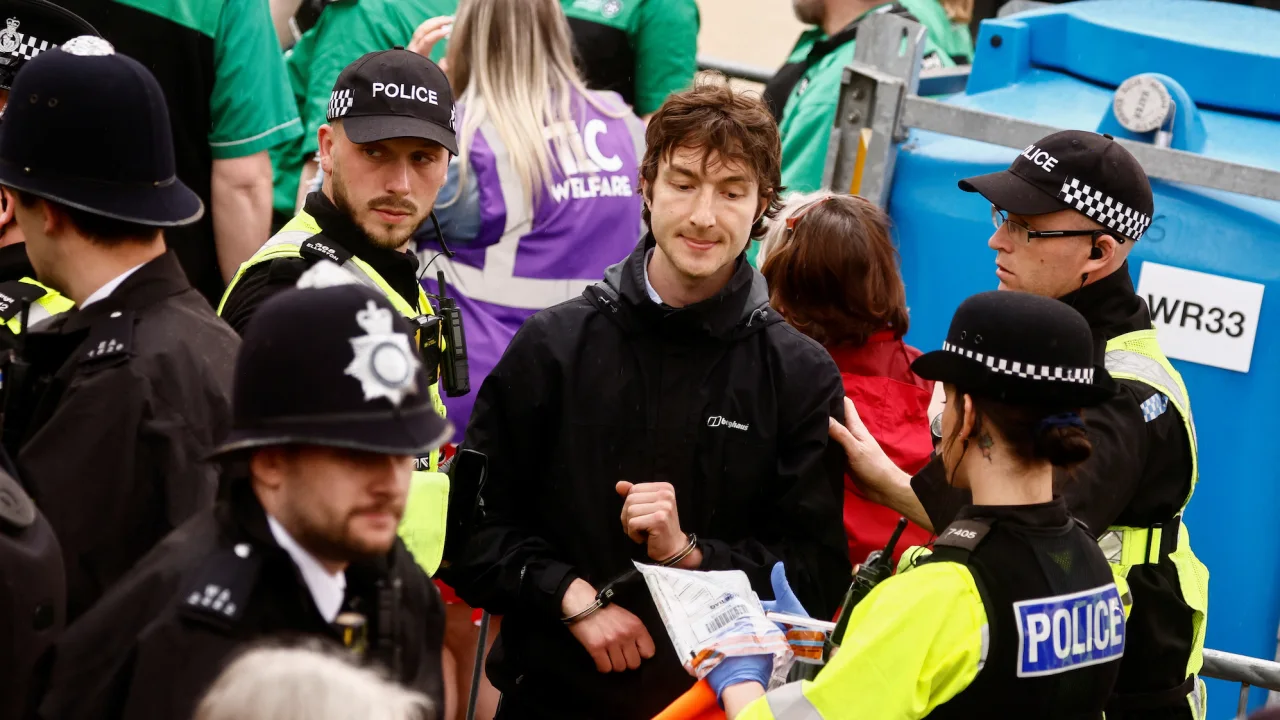
'Something out of a police state,' say demonstrators against King Charles' crowning.
Read more